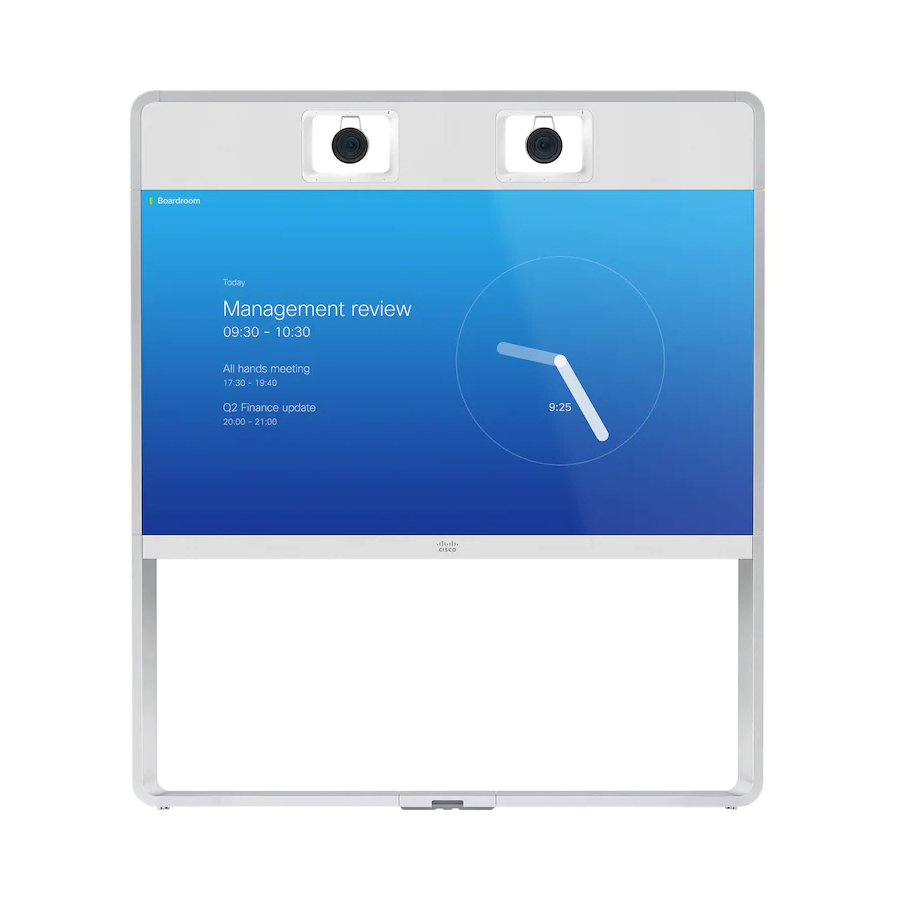Cisco Telepresence MX800 Podręcznik - Strona 16
Przeglądaj online lub pobierz pdf Podręcznik dla System konferencyjny Cisco Telepresence MX800. Cisco Telepresence MX800 45 stron. Wall-mounted mx800 single
Również dla Cisco Telepresence MX800: Skrócona instrukcja obsługi (12 strony), Instrukcja instalacji (16 strony), Instrukcja wymiany (46 strony), Instrukcja wymiany (47 strony), Instrukcja instalacji (30 strony), Części zamienne (24 strony), Instrukcja instalacji (16 strony), Skrócona instrukcja obsługi (2 strony), Podręcznik (45 strony), Skrócona instrukcja obsługi (2 strony), Skrócona instrukcja obsługi (2 strony), Podręcznik dla początkujących (46 strony)

